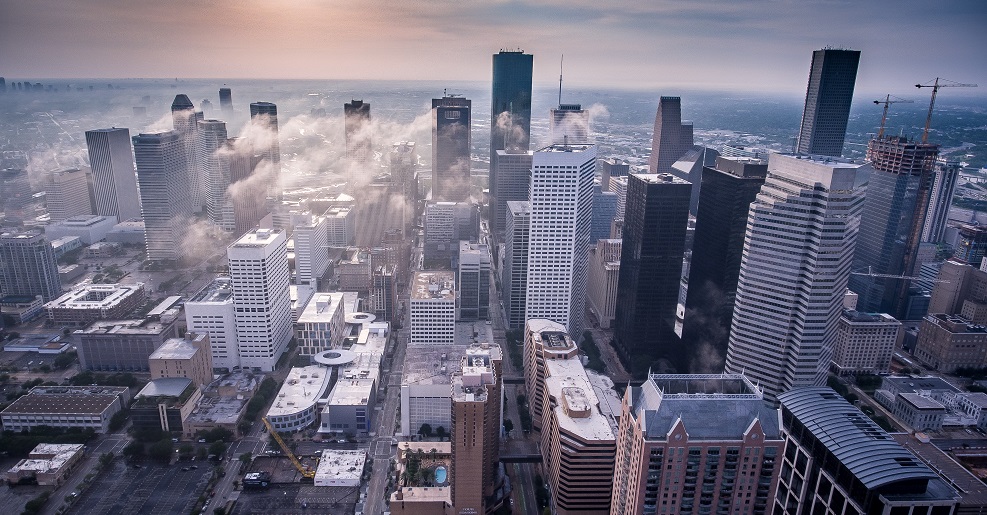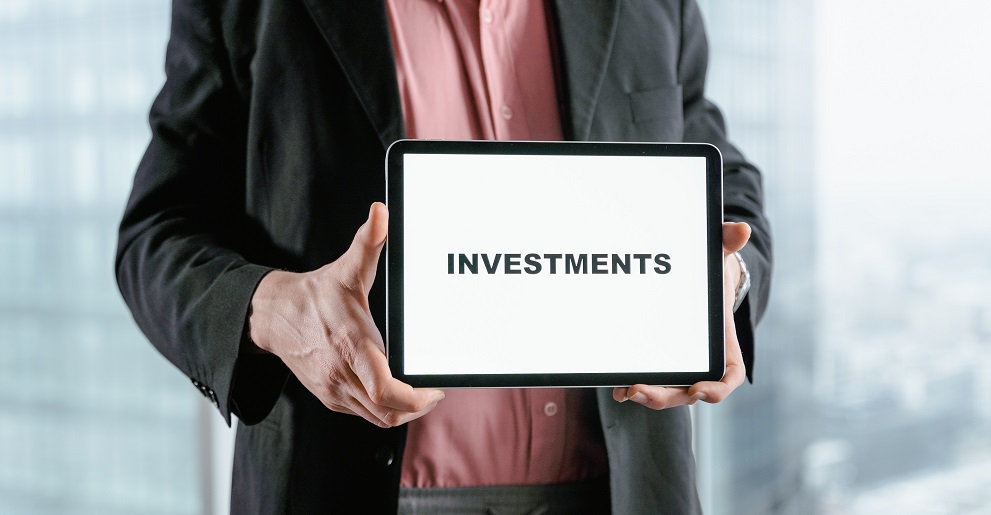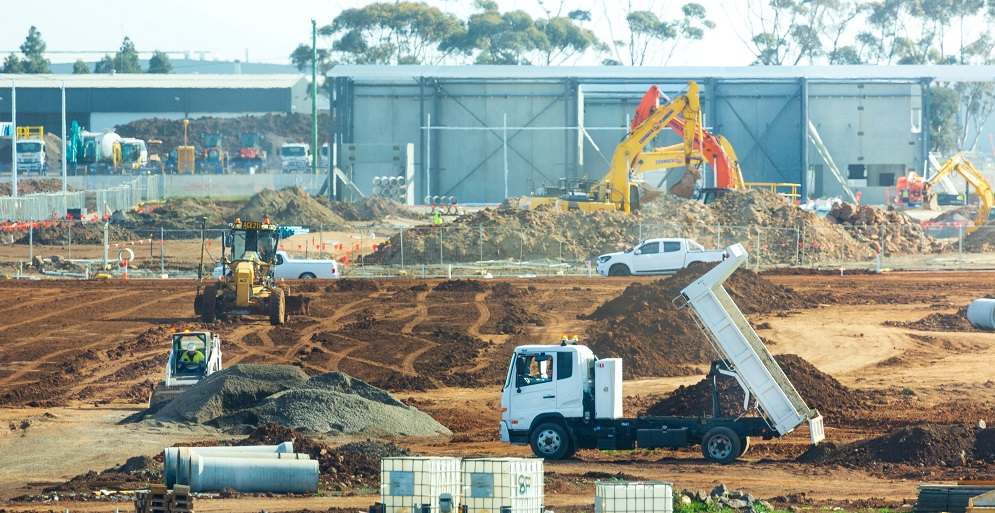The Reality of the Economic Collapse: Prepare Yourself Now

Economic collapses are not the stuff of myths; these financial failures present genuine risks to investors. From the Banking Crisis of 1763 to the Great Recession of 2008, investors and non-investors alike have been struck with the realization that a healthy, stable economy is never a guarantee. Even today, with the pandemic recovery, investors need to take a cautious approach and prepare for the worst. However, knowing how to prepare is not always obvious.
What Is an Economic Collapse?
A collapse refers to a significant decrease in economic activity and a precipitous decline in the value of the currency and assets of the country in question. The Great Depression of the 1930s was one of the most devastating economic incidents in modern history. The Great Recession of 2007–2009, on the other hand, saw a financial crisis that almost dwarfed the Great Depression. Put simply, an economic collapse occurs as a result of the collapse of a market and a wave of financial uncertainty affecting the whole of society.

What Are the Warning Signs of an Economic Collapse?
An economic collapse can start with several incidents that occur all at the same time. These incidents are referred to as “systematic shocks,” and each works in unison to damage the overall economy. A national crash in the housing market is a domino effect of falling property values, banks with sub-prime mortgages unable to balance portfolios, and investors forced to sell their holdings to cover losses. These national consequences expand into the global market, resulting in widespread economic catastrophe.
However, the effect of a systemic shock is much more than a macro-economic event. The stress of facing an economic crisis is one of the most stressful events anyone can experience. And with so many factors working against you, it’s easy to see how an economic crash could affect the micro-level of individual investment and investors, meaning crisis management is crucial with any portfolio.
[insert page='Offer' display='content']
How To Prepare for an Economic Crisis
Preparing your portfolio for an economic crisis is about exploring risk patterns. The standard rule is to diversify and balance high-risk short-term investments and low-risk, stable bonds and stocks. Risk is about volatility, those markets that are susceptible to dramatic market shifts or swings.
Beyond balancing risks, investors need to pay attention to factors that ultimately lead to financial crises — rising inflation, currency crises, debt, etc. Investing is not an easy game on your own, which is why most people trust their retirement funds to well-established money managers. If you do not have a financial advisor, it is a good idea to look into one in the future.

Preparing Your Portfolio
Beyond risk assessment and paying attention to risk factors, you need to determine the risk level you are comfortable with and the rate of return you want. The faster you want to earn, the greater your risks. During times of economic trouble, it is safer to invest in infrastructure, mutual funds, bonds, and investment opportunities that often provide guaranteed interest gains over a set period. Slower gains equate to lower risks.
The truth is, strategizing in times of economic crisis is challenging, and people often turn to liquid assets and cash-in-hand. Sometimes, the better option is to look to long-term strategy. Invest in low-risk options and hang tough.
What would your strategy be in a crisis? Leave a comment with an explanation below, and keep the conversation going.

